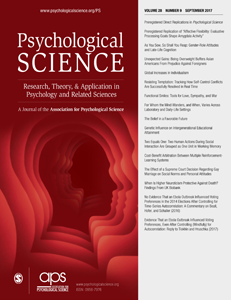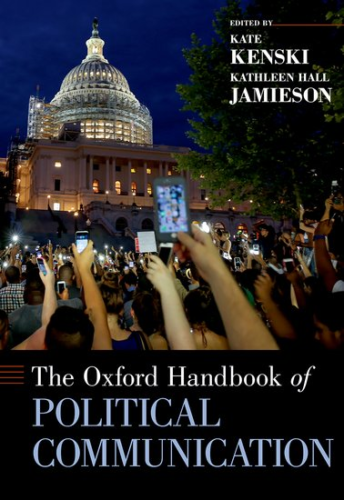Detailed debunking messages are more effective than just labeling something as wrong, and debunking is more effective when an audience is engaged in helping to correct a message, according to a meta-analysis in Psychological Science.
Politics
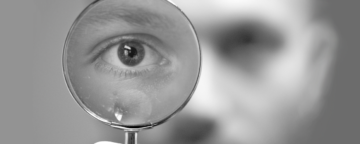
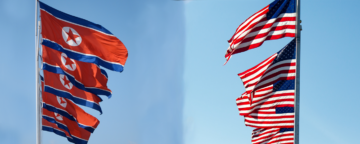
The War of Words Between President Trump and North Korea
Kathleen Hall Jamieson appeared on KCRW's radio show "To the Point" and on BBC Radio 4's "Today" show to discuss President Donald Trump's "fire and fury" warning to North Korea's Kim Jong-un.
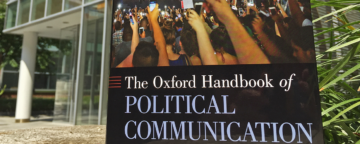
Handbook of Political Communication Is Published by Oxford
Oxford University Press has published the hardcover edition of The Oxford Handbook of Political Communication, co-edited by Kathleen Hall Jamieson. The volume is an indispensable overview and a definitive guide to research in the field.

House Takes Key Step Advised by Task Force on Homeland Security
The House of Representatives passed the first-ever reauthorization bill for the Department of Homeland Security, a key recommendation of the Sunnylands-Aspen Institute Task Force on congressional oversight of DHS.

Study Finds Fact-checking Videos Better Than Text at Correcting Misinformation
An experimental study of the effect of humor and video in fact-checking finds that both funny and non-humorous videos were more interesting and understandable than a comparable textual fact-checking story.
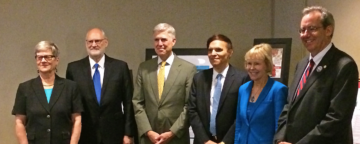
Jamieson Talks Fake News and Civics at Ninth Circuit Session and at Steamboat
APPC director Kathleen Hall Jamieson moderated panels on civics and fake news at the Ninth Circuit Judicial Conference, and kicked off a seminar series in Steamboat Springs, Colo., with a keynote on fake news.
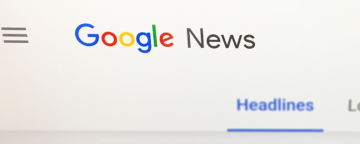
Fact-Checking Articles Highlighted in Redesigned Google News
This week Google launched a redesigned Google News, with "a renewed focus on facts," which will prominently feature fact-checking articles from FactCheck.org and other news sources.
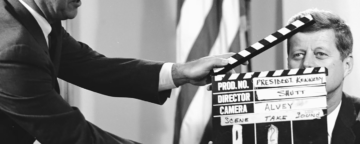
Jamieson Joins Paley Center for ‘JFK at 100: TV and the Presidency’
APPC director Kathleen Hall Jamieson joins a panel gathered by the Paley Center for Media and the John F. Kennedy Library Foundation on "JFK at 100: Television and the Presidency."
